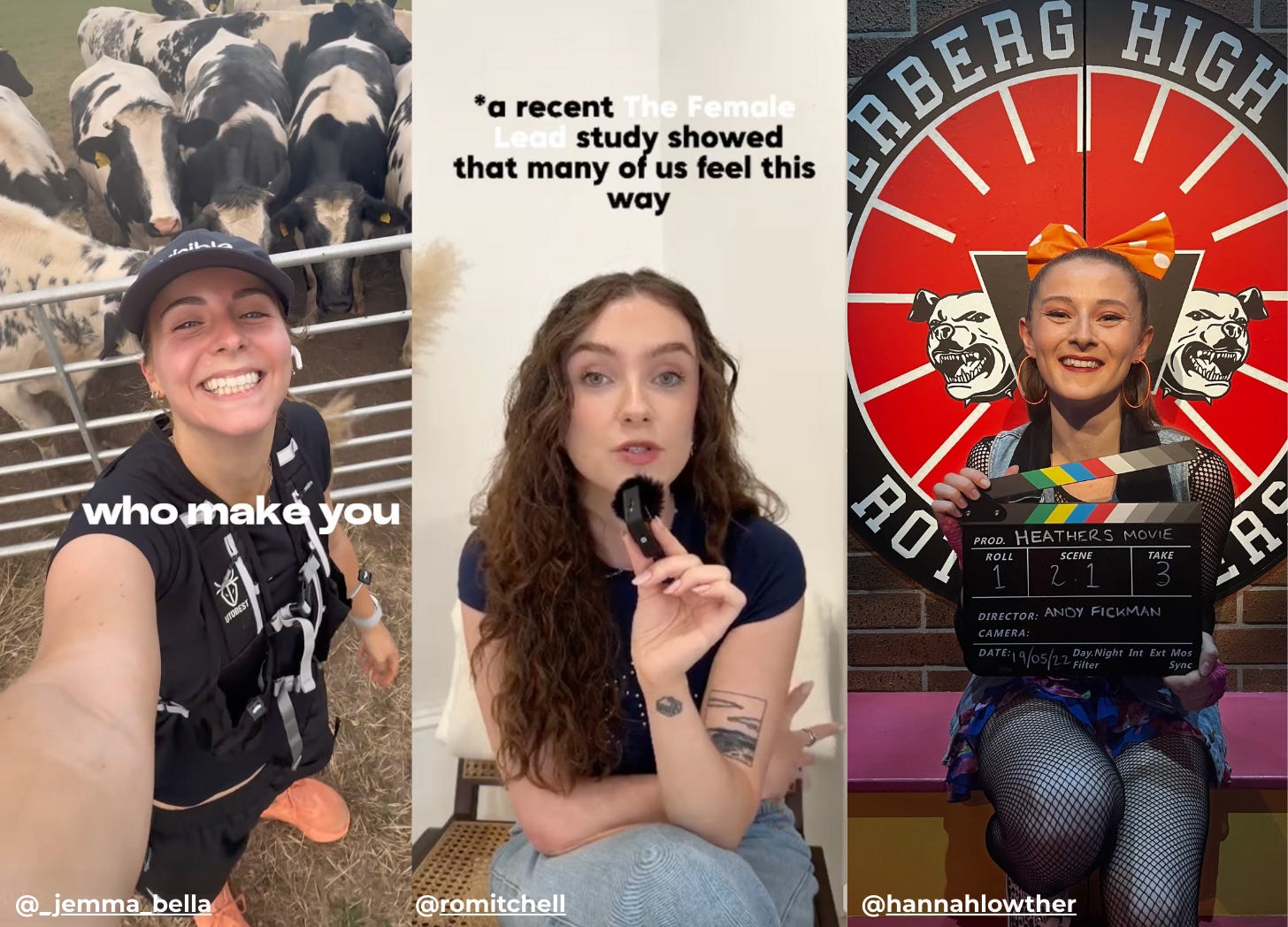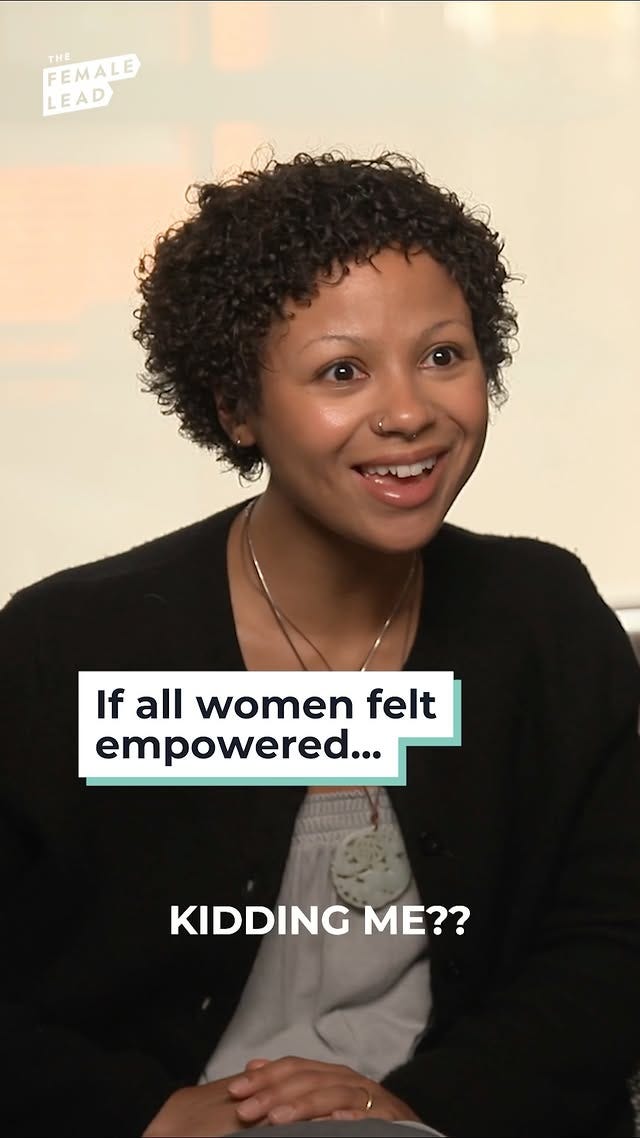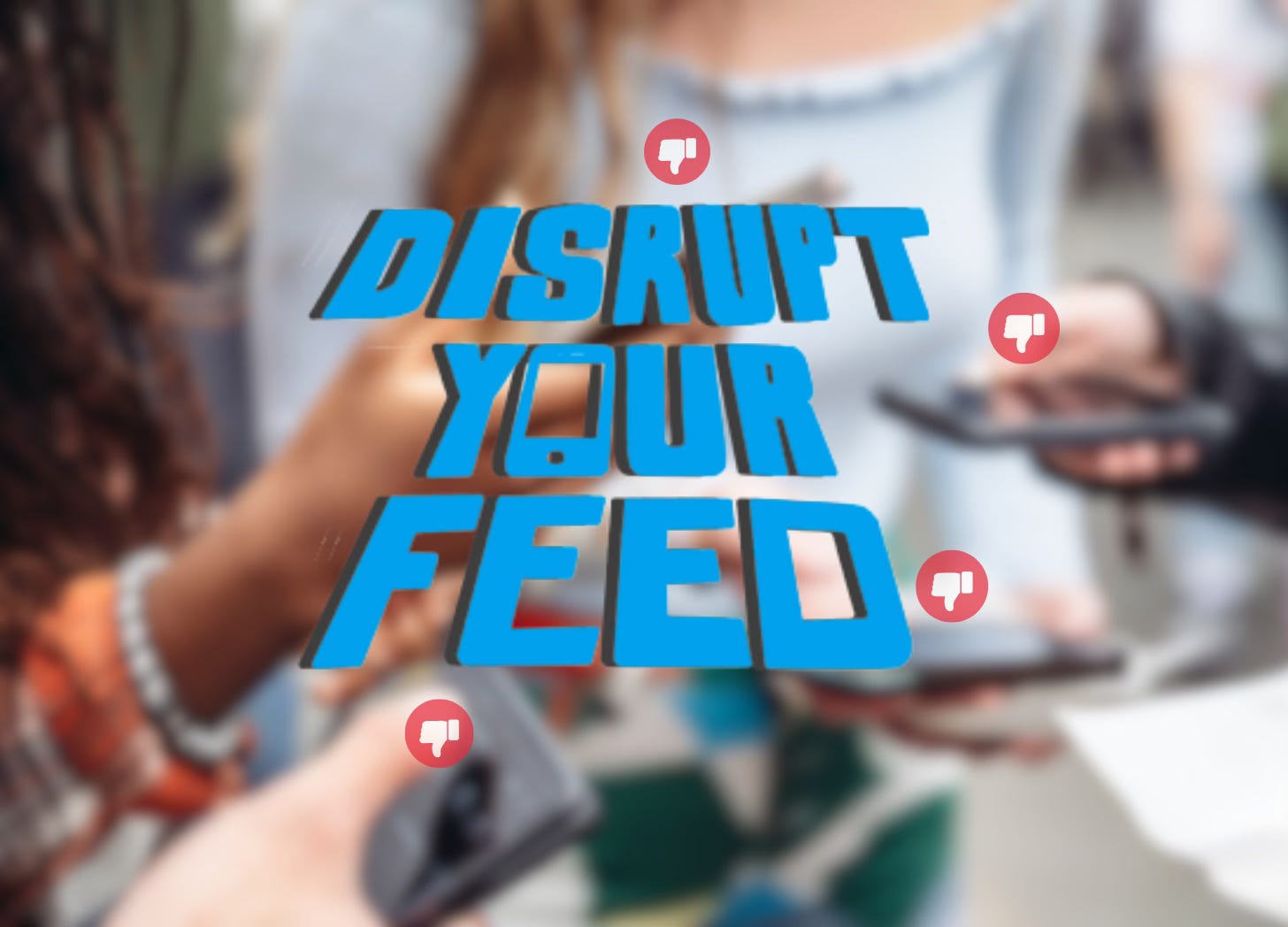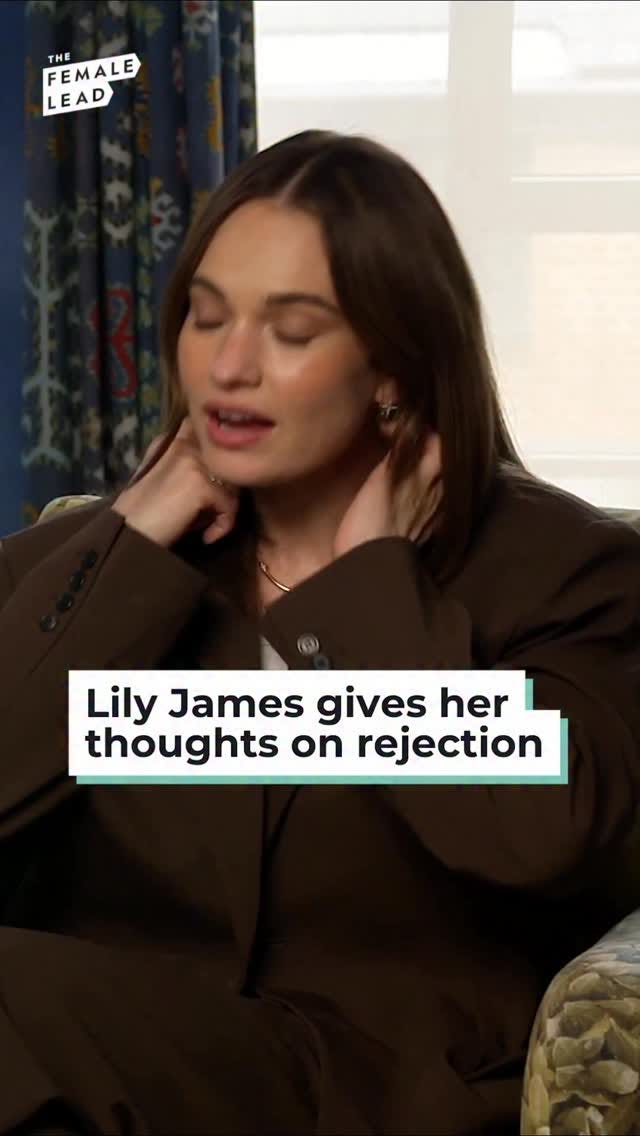Two-thirds of women say life would be better without this one thing
Plus: 👏 Myha'la 📱Algorithm tips 🫂 Lily James
Have you ever scrolled through your feed and felt worse, not better?
You’re not alone. Our latest research with 85,000 women shows that two-thirds now believe life would be better without social media. From body image to mental health, women say their online experience has only worsened since our last study – and 95% feel they’re not in control of what they see.
That’s why we’re launching a new wave of Disrupt Your Feed, our campaign to help women and girls take back control of their digital space. This year we’re joined by creators Hannah Lowther, Jemma Bella and Ro Mitchell, who are sharing the women who inspire them and their own strategies for healthier online lives.
But that’s not all in this edition of Take The Lead. We’ve also got Myha’la on why women are unstoppable, a practical toolbox for consuming social media more consciously, and Lily James on how to handle rejection with grace.
Enjoy, share if you like it, and subscribe if you haven’t so you never miss an instalment.
The Female Lead Team
We’re talking about…
💊 A new WHO evidence brief shows that modern contraception reduces high-risk pregnancies, maternal deaths, and even some cancer risks, while improving menstrual health and quality of life. Beyond biology, access to contraception strengthens decision-making, education, workforce participation, and autonomy, with programmes linked to contraceptive use cutting teenage pregnancy by more than half.
🧬 Melinda French Gates is doubling down on women’s health. She announced a $100 million partnership between her organisation Pivotal and Wellcome Leap to fund research into areas with high female mortality, including autoimmune disease, cardiovascular health, mental health, and menopause. The accelerated research model aims to tackle conditions that have long been underfunded and under-researched. Gates emphasised that better science can help women live longer, healthier lives, not just longer lives
📚 A new report by End Sexism in Schools reveals that women are largely absent from history lessons in England, with 59% of key stage 3 lessons failing to mention them at all. When women do appear, they are often portrayed as victims rather than leaders, while figures like Bletchley Park codebreakers are overlooked. Campaigners argue that a representative curriculum is essential for historical accuracy, offering girls relatable role models and helping boys develop empathy, and are calling for the national curriculum and exam boards to highlight women’s contributions across all periods.
Inspire me…
“Women are truly unstoppable”
We loved this moment with Myha’la – star of Industry, Bodies Bodies Bodies, and the recent female-led film Swiped – who shared her take on what the world would look like if women always felt empowered… spoiler: it’d be game over!
Women say life is better without social media, new research reveals
Two-thirds of women believe life would be better without social media, according to new research by The Female Lead.
The findings, gathered from more than 85,000 women surveyed across the charity’s 8.7 million-strong community, reveal that women’s experiences online have worsened across every measure since their initial 2023 study.
The polling shows that 66% of women now say they would be better off without social media – an increase of 6% in just two years. Almost three-quarters (73%) report a negative impact on their mental health, while more than four in five (82%) say social media has harmed their body image. Only 8% of respondents described its effect as positive. A striking 95% feel they are not fully in control of what appears in their feeds.
Read more in the full article here
Toolbox: How to consume social media consciously (and block out the negative voices)
From Hannah Robins, Head of Social at The Female Lead
🤔 Why:
Social media was designed to connect us - but for many women, it’s doing the opposite. According to The Female Lead’s latest research, 66% of women now say life would be better without it. A staggering 82% say it makes them feel worse about their bodies, and 73% report it negatively impacts their mental health. Despite this, social media isn’t going away, so understanding what we can do to help change the way we experience it is key - starting with what we allow into our feeds.
🔧 How:
The truth is, the algorithm reflects what we engage with, not what’s good for us. But it can be disrupted. Here are some small, powerful steps you can take right now to help regain control:
✅ Audit your feed like it’s your wardrobe
Scroll through your recent posts and stories. Ask yourself:
Does this account make me feel good about myself?
Do I feel inspired, informed or supported after seeing their content?
If the answer is no, mute or unfollow. Think of it as a digital detox for your mental health.
🔍 Use the ‘Not Interested’ button
Don’t just scroll past harmful content - tell the algorithm you’re not into it. On platforms like Instagram, TikTok and YouTube, you can press “Not Interested” or “Hide” on posts that feel toxic or triggering. It’s a quiet but effective way to retrain your feed.
🧠 Follow with intention, not habit
Most people follow accounts because everyone else is or because they once felt relevant. Flip the script:
Follow creators who reflect your values, not just your appearance.
Diversify your feed with voices outside your bubble.
Look for content that makes you think, not compare.
🌱 Set boundaries that support your mental health
Turn off push notifications from social apps. Set a time limit on daily use (even 20 mins less makes a difference). Try “no scroll” mornings or evenings. Boundaries protect your energy - and give you space to be more intentional online.
💥 Use your power to Disrupt Your Feed
According to our 2025 study, 95% of women say they’re not fully in control of what they see online. The Female Lead’s Disrupt Your Feed campaign is designed to change that. It helps you actively shift your algorithm toward content that empowers, not diminishes you. Conscious consumption online isn’t about logging off completely - it’s about logging on with intention. Curate your feed like your future depends on it. Because in many ways, it does.
Hannah Robins is The Female Lead’s Head of Social and leads the team behind the Disrupt Your Feed campaign, which is helping thousands of teens and women take back control of their digital space.
Final thought…
Become a paid supporter
The Female Lead is a charity on a mission to empower women.
In the last 8 years, we have given access to books and teaching materials to 2.5 million students in 25,000 schools around the world. We carry out research that reframes our understanding of women’s experience, such as our Fulfilment Finder survey which reveals what matters most to women at different life stages. It has now been completed by 150,000 women globally.
We can’t run the charity without your support.
For just £3.50 a month or £25 a year, you can make a huge difference.
Your donations allow us to continue to provide teaching resources and education to girls and women around the world, conduct groundbreaking research, and share science and stories online.
By pledging to make a donation, you get a host of other benefits like:
Access to our full archive of content on everything from advice from CEOs, to early menopause, to the brain impact of the mental load
Get the first look at our research reports busting myths around women
A virtual supporter badge to share and display online






